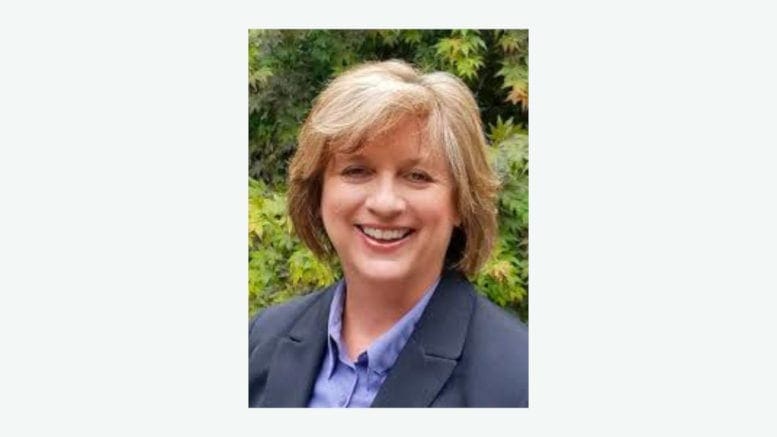September is National Recovery Month
By Melanie Dallas, LPC
Each September, Highland Rivers Behavioral Health recognizes National Recovery Month – and we celebrate individuals everywhere who are working toward or living in recovery. We use this occasion not only to raise awareness of the importance of recovery to individuals, families and communities, but to emphasize – clearly and repeatedly – that recovery is always possible. We also choose a theme for Recovery Month that we use internally. This year our theme is “Recovery is in our Roots,” and I can’t think of a better way to describe the foundation of our work.
Recently, I wrote about the importance of Georgia’s 22 community service boards, public safety-net agencies like Highland Rivers Behavioral Health that ensure behavioral health services are available to everyone who might need them. But the overriding goal of the services we provide, the treatments for mental health and substance use disorders, is recovery. In that sense recovery has always been in our roots – it is what we do, it is our business. Recovery is who we are.
An important part of this work is educating our communities about what recovery means, what recovery is. Many people tend to think of recovery in terms of physical health, where recovering means being restored to a state of good health, going back to the way things were before an illness or injury. Recovery in terms of mental health or substance use disorders is a bit different. The National Alliance on Mental Illness (NAMI) explains this distinction well on its website:
The term “recovery” refers to the process of learning how to minimize the symptoms associated with (mental illness or substance use disorder). Note that recovery does not mean symptoms stop entirely or that deficits disappear. Ultimately, recovery is not synonymous with “cured.” Rather, it means reaching a place where you are able to pursue a safe, dignified and meaningful life.
So living in recovery with a behavioral health disorder does not mean going back to the way things were before – and indeed, many individuals with mental illness or substance use disorder don’t want to go back to “before.” Instead, recovery moving forward, managing the illness so that it does not interfere with being able to live independently in the community, hold a job, raise a family, go to school – to be your best.
Mentalhealth.gov lists four key dimensions that support a life in recovery:
- Health: Overcoming or managing one’s disease(s) or symptoms and making informed, healthy choices that support physical and emotional well-being.
- Home: Have a stable and safe place to live.
- Purpose: Engaging in meaningful daily activities, such as a job or school, volunteering, caring for your family or being creative; working for independence, income and resources to participate in society.
- Community: Building relationships and social networks that provide support, friendship, love and hope.
The Substance Abuse and Mental Health Services Administration (SAMHSA) provides this perspective on treatment and recovery: The process of recovery is highly personal and occurs via many pathways. It may include clinical treatment, medications, faith-based approaches, peer support, family support, self-care and more. Recovery is characterized by continual growth and managing setbacks. Hope, the belief that challenges and conditions can be overcome, is the foundation of recovery.
As you can see, recovery is a multi-faceted process with many dimensions, treatments and supports. It is not a cure or a return to a previous state, and it is fundamentally based on hope. Above all, recovery is an improved state of health and wellbeing, and a better quality of life.
At Highland Rivers, it is our privilege to work with individuals on their unique path to recovery – to know that we make a difference in the lives of thousands of individuals each year, to help them find hope and build a future in which they are the best they can be. Because recovery is in our roots, and recovery is always possible.
Melanie Dallas is a licensed professional counselor and CEO of Highland Rivers Behavioral Health, which provides treatment and recovery services for individuals with mental illness, substance use disorders, and intellectual and developmental disabilities in a 13-county region of northwest Georgia that includes Bartow, Cherokee, Cobb, Floyd, Fannin, Gilmer, Gordon, Haralson, Murray, Paulding, Pickens, Polk and Whitfield counties.
